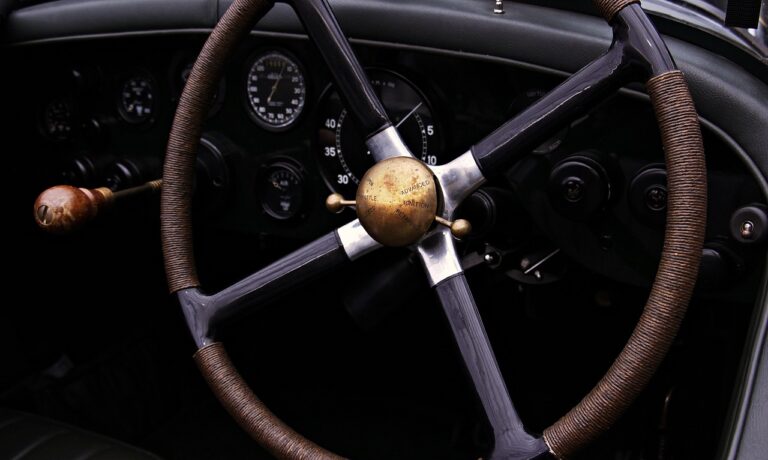Robotics and Automation in Car Production Lines
One key advantage of implementing robotics and automation in car manufacturing is the significant increase in production efficiency. Robots can perform tasks with precision and speed, leading to a faster assembly process and higher output levels. This not only reduces production time but also minimizes errors, ultimately improving the overall quality of the vehicles being manufactured.
Moreover, robotics and automation help car manufacturers enhance workplace safety by taking over tasks that may be hazardous for human workers. By delegating these risky tasks to robots, companies can reduce the number of workplace accidents and ensure a safer environment for their employees. This leads to improved employee morale and productivity, creating a positive impact on the overall operations of the car manufacturing facilities.
Challenges Faced by Car Manufacturers in Adopting Robotics and Automation
While the potential benefits of integrating robotics and automation in car manufacturing are clear, car manufacturers face several challenges in adopting these technologies. One major obstacle is the initial high investment required to implement robotics and automation systems on the factory floor. The cost of purchasing and installing these advanced technologies can be significant, especially for smaller car manufacturers with limited financial resources.
Another challenge is the need for specialized training and expertise to operate and maintain robotics and automation systems effectively. Car manufacturers may struggle to find skilled workers who are knowledgeable about these technologies, leading to delays and inefficiencies in the production process. Additionally, integrating robotics and automation into existing manufacturing processes can be complex and time-consuming, requiring careful planning and coordination to ensure a smooth transition without disrupting the production flow.
Impact of Robotics and Automation on Production Efficiency in Car Manufacturing
Robots and automation have revolutionized the car manufacturing industry, significantly enhancing production efficiency. With advanced robotics, tasks that once took hours to complete manually can now be done in a fraction of the time. This increased speed allows car manufacturers to produce vehicles at a much quicker pace, meeting consumer demands more effectively.
Additionally, robots and automation in car manufacturing have improved precision and accuracy in the production process. Machines can consistently perform tasks with minimal margin for error, leading to higher quality products being produced. This reduction in defects not only enhances the overall efficiency of the manufacturing process but also results in cost savings for car manufacturers in the long run.
Robots and automation have revolutionized the car manufacturing industry
Tasks that once took hours to complete manually can now be done in a fraction of the time
Increased speed allows manufacturers to produce vehicles at a quicker pace
Advanced robotics have improved precision and accuracy in production process
Machines consistently perform tasks with minimal margin for error, leading to higher quality products being produced
Reduction in defects enhances overall efficiency of manufacturing process
Cost savings for car manufacturers in the long run
What are some advantages of implementing robotics and automation in car manufacturing?
Advantages of implementing robotics and automation in car manufacturing include increased production efficiency, improved product quality, reduced labor costs, enhanced safety for workers, and the ability to work 24/7 without fatigue.
What are some challenges faced by car manufacturers in adopting robotics and automation?
Challenges faced by car manufacturers in adopting robotics and automation include high initial investment costs, the need for specialized training for employees, potential job displacement for human workers, and the risk of technical failures disrupting production.
How does robotics and automation impact production efficiency in car manufacturing?
Robotics and automation can significantly improve production efficiency in car manufacturing by streamlining processes, reducing cycle times, increasing throughput, minimizing errors, and optimizing resource utilization. This leads to higher productivity and overall cost savings for manufacturers.





